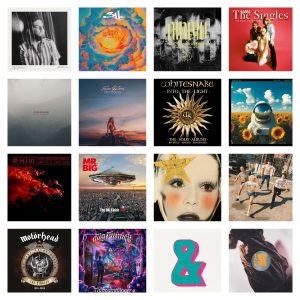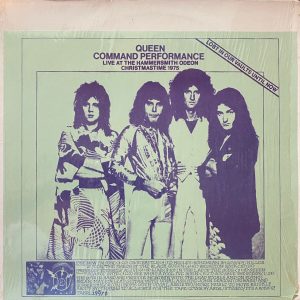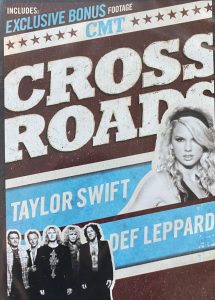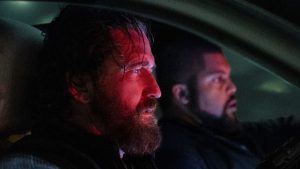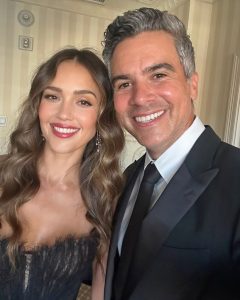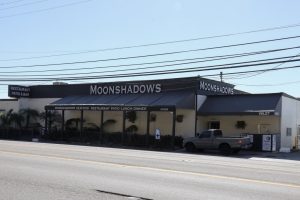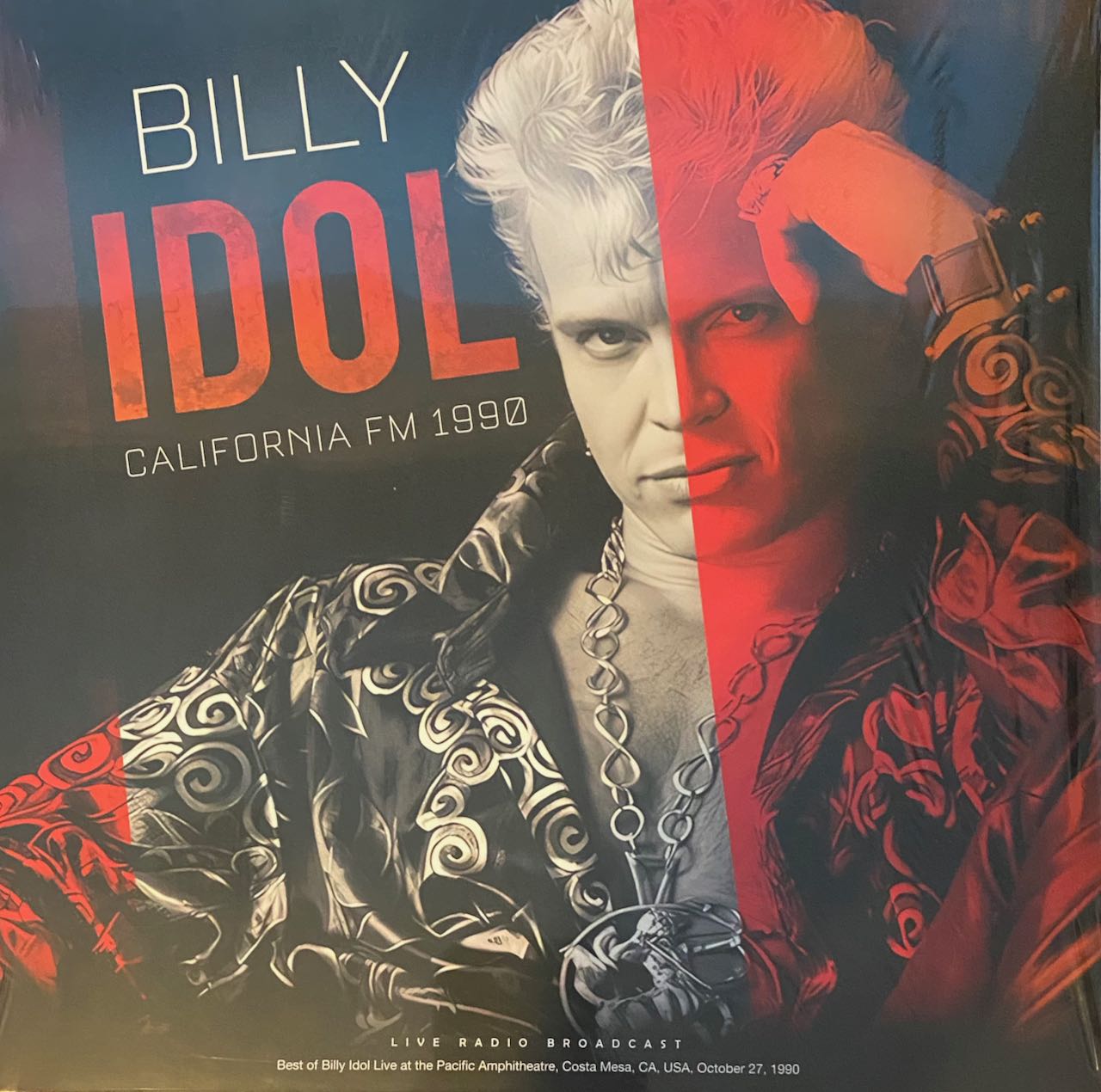
As a dedicated fan of Billy Idol, I’m always on the lookout for rare collectibles to enhance my collection. Recently, I stumbled upon a bootleg that piqued my interest—my fourth Idol bootleg, to be precise. This gem was recorded live at the Pacific Amphitheatre in Costa Mesa, California on October 27, 1990, and coincides with the release of his album ‘Charmed Life.’ It’s worth noting that this isn’t a complete concert; instead, it’s a selection of highlights that were broadcast over the airwaves at that time. Nevertheless, any opportunity to experience ten tracks from Billy is a win in my book.
The version I managed to snag is a European release, newly minted in 2023. I found it during a visit to D&J Records in Tampa, Florida, back in June while I was on vacation. Naturally, I was ecstatic to add it to my collection. However, it’s important to mention that the band credits reveal the absence of guitar virtuoso Steve Stevens. At this period, he and Billy were still navigating a rocky relationship, which continued for years. The question remains: does this absence affect the performance? We’ll delve into that.
The album kicks off with “Eyes Without a Face,” though it seems to have faded in, suggesting it wasn’t the original opener. I know for a fact that the show would have started with “License to Thrill,” which is unfortunately absent here. It’s a song I deeply admire, with its heavy synth sound. Let me clarify, I adore this track in general—even if this version doesn’t quite capture its essence. The crowd noise is vibrant, and the overall sound quality is impressive. When the guitar comes in, Mark Younger-Smith does his best, but his style is unmistakably different from that of Steve. There was always something extraordinary about Steve’s contribution to Billy’s music. That said, Billy’s voice is powerful; he’s clearly in his element and relishing every moment on stage.
Next up is the ever-popular “White Wedding.” Here, we encounter another awkward fade, moving from the last track into this one. I find that disappointing; a continuous flow would better capture the feel of a live performance. Nevertheless, the song rocks hard, and while the guitars could have been mixed more prominently, the grit in Billy’s vocals is undeniably captivating. You can almost visualize his lip curling as he delivers those iconic lines.
Following this is Billy’s rendition of the Doors’ classic “L.A. Woman.” He always does justice to this track, infusing it with energy to create a faster-paced version. It’s a supercharged interpretation that showcases his vocal prowess. In a quick turnaround, he shifts gears with “Flesh for Fantasy,” a song that benefits from some funky instrumentation, allowing each member of the band to shine.
Next, we dive back into the high-energy realm with “(Do Not) Stand in the Shadows.” Initially, I was uncertain if this was the song I remembered, but it quickly became familiar. It’s catchy and fun, with a memorable solo from Mark.
Now we flip to Side B, which blasts off with “Rebel Yell.” This iconic track kicks in with a thunderous scream from Billy and that unmistakable guitar riff. He attacks the lyrics with ferocity and style, embodying everything that makes him a rock legend. Mark does a commendable job replicating some of Steve’s signature moves, maintaining the song’s essence.
We then transition to “Cradle of Love,” a key single from ‘Charmed Life.’ Despite Billy’s self-deprecating comments about the song being cheesy, it’s a classic and undeniably catchy. The guitar work here shines as Mark plays the solo he originally contributed to the studio version, supported beautifully by backing vocals from Carla Day.
“Sweet Sixteen” follows, featuring an upbeat, lively feel. The driving bass line sets a joyful pace before leading us into crowd-pleaser “Mony Mony,” a Tommy James cover that fans have come to adore. Even during the radio broadcast, the crowd’s chant of “Get Laid, Get FXXKed” can be faintly heard, bringing back the nostalgia that hooked many of us on this anthem.
Finally, we arrive at “Prodigal Blues,” a lengthy track that runs about eight minutes. It builds slowly, with exquisite fingerpicking and atmospheric sounds that eventually give way to a full-band explosion—though it maintains a deliberate, sophisticated vibe. The song crescendos toward a powerful finale. Notably, the original encore, “To Be a Lover,” is absent here.
In summary, this bootleg is a solid find, even if it doesn’t feature the complete show or suffers from some uneven transitions that disrupt the live feel at times. What’s present is fantastic, with Billy’s vocals as strong as ever, and the band maintains a tight performance. Over time, you might even overlook Steve Stevens’ absence, as the talent on display is more than enough to deliver the true essence of Billy Idol live. I rate this bootleg a solid 3.5 out of 5 stars. Despite the noted shortcomings, it’s worth adding to your collection if you’re a fan of live Idol!
